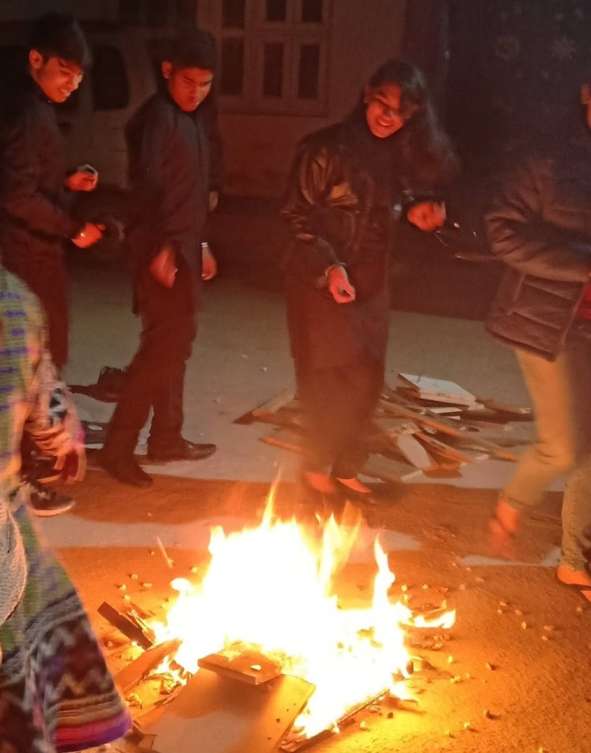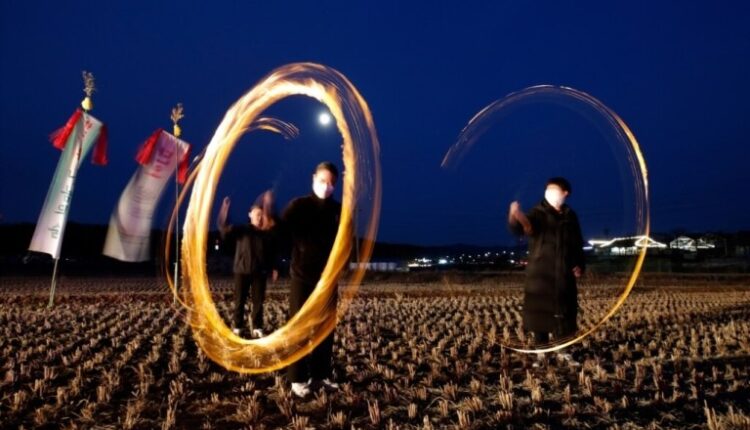India’s harvest festival Lohri and Korea’s Jwibulnori, the Rat Fire Game are similar
Both festivals are celebrated by burning fire at a distance of one day in January on 12 and 13 in Korea and India.
By Hwang Ilyong, Director, Korean Cultural Centre in India, New Delhi
NEW DELHI: India and South Korea might be far in terms of geographical distance, but these Asian nations are culturally and mentally very closely connected.
India and South Korea share a lot of cultural similarities and one of them is the annual harvest festival celebrated at the commencement of the harvest season.
As Korea celebrated the first day of the first lunar new year by playing Jwibulnori (Rat Fire Game) on 12th January 2022, India set up for its popular winter folk festival Lohri on 13th January 2022 too.

Lohri is a popular winter folk festival celebrated primarily in the Indian Subcontinent and Jwibulnori is a Korean game in which people create streaks of light by swinging cans filled with flammable items to exterminate harmful insects and rats during the first full moon of a year in the lunar calendar.
Just like Jwibulnori is a celebration of good health and harvest in Korea, the Lohri festival in India celebrates fertility and the joy of life.
Surprisingly, the traditions performed during both festivals also have a lot in common. Jwibulnori is a folk game of the New Year that lights rice paddies and fields and is a custom played by farmers at night on the first day of the first lunar new year. When the sun goes down, each village goes out to the field and sets fire on the dry grass of the fields or paddy fields to burn them.
In India, traditionally, families used to gather around bonfires and sing folk songs. Dishes made of rewari, gajak, peanuts, and other seasonal products are snacks — as well as bonfire fodder.
The reason and morals behind the two festivals are very similar in both countries. In Korea, the reason for setting up a rat fire on this day is that it is intended to achieve a good harvest by eradicating harmful insect eggs or mice by burning weeds. Depending on the size of this fire (Jwibul), a good harvest, a bad harvest, and the good luck of the village are predicted.
Similarly, in India, it is believed that offering food items to the God of Fire on this day helps take away all negativity from life and brings in luck and prosperity.
Even though with time the traditions and rituals have changed in both the countries, Both Korea and India have preserved their rich and vibrant cultural values and traditions to date.



